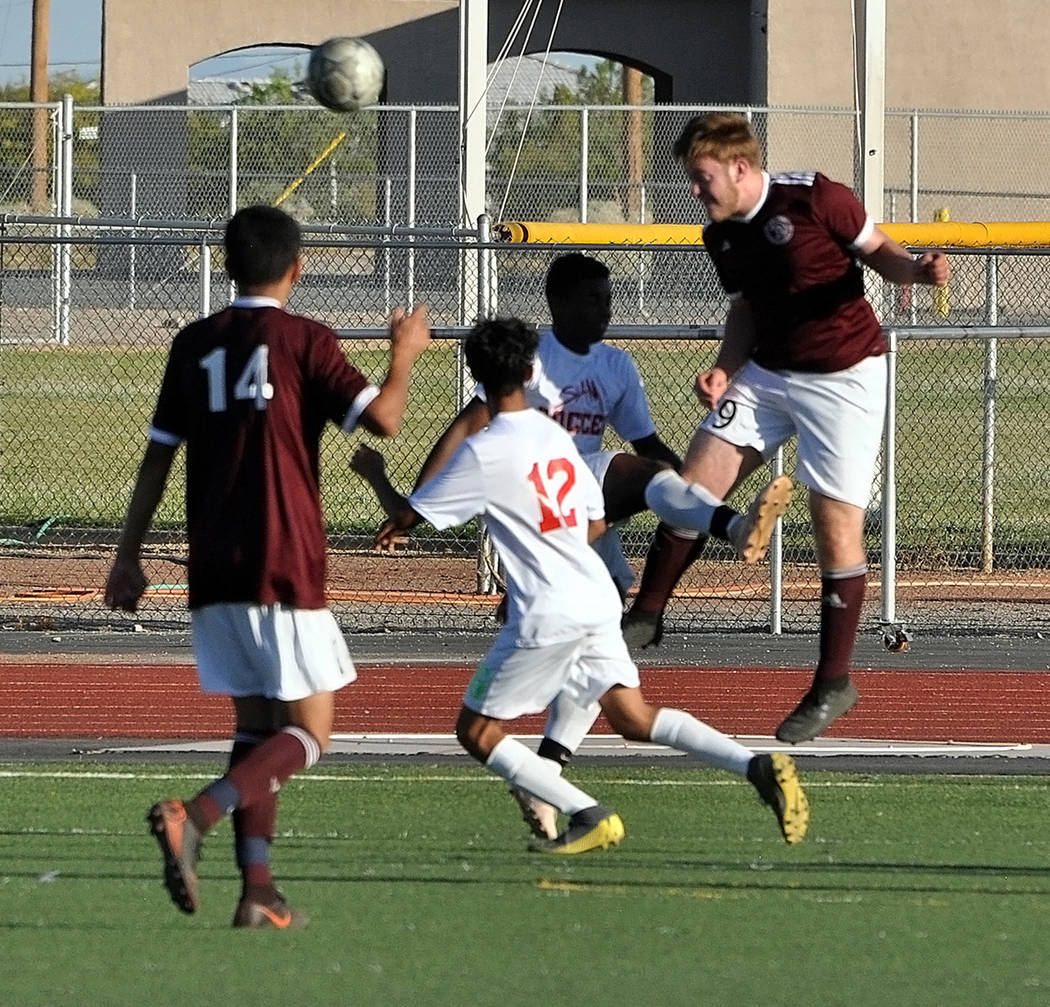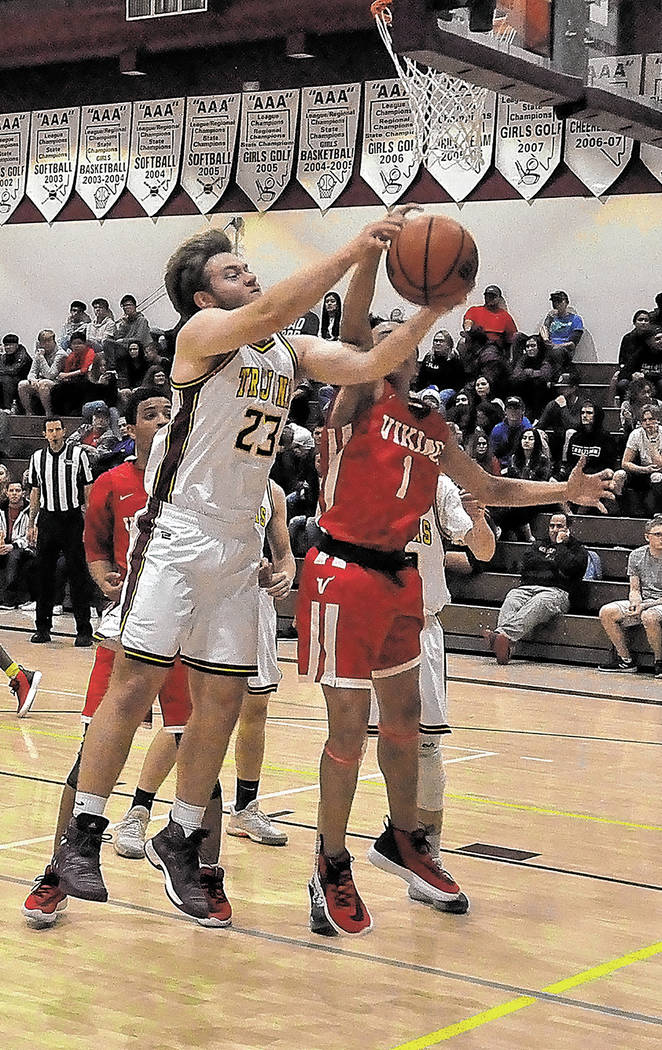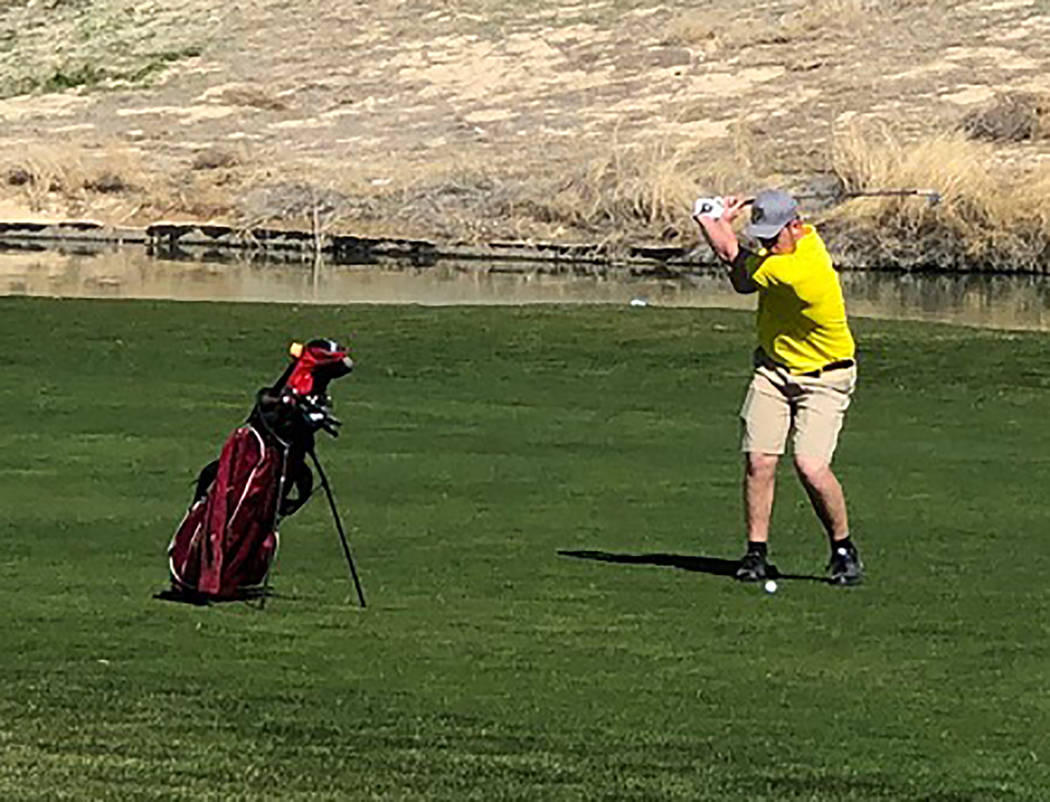Tom Rysinski: Youth sports not about club vs. school, but about youth
This column is the sixth and final part of a series looking at club sports and their impact on high school athletics.
Last summer, I was watching the Little League World Series, and at point one of the commentators started talking about how some of the players already were playing baseball all year.
I was thinking to myself, “Here we go. Press play, and here comes the speech.”
But he surprised me. His exact words on the topic of sports specialization were: “Maybe by junior year of high school, but not when you’re 8 or 10 years old.”
He might be drummed out of sports media for that heresy. The funny thing is that is the exact time PVHS assistant softball coach Rich Lauver — regarded by some as the Darth Vader of this topic — recommends those who are serious about playing at the next level play softball beyond the spring season.
A couple of weeks ago, Patrick Mahomes led the Kansas City Chiefs to a Super Bowl win. Perhaps you’ve heard. But what you also heard was a cacophony of voices yelling about how Mahomes played multiple sports instead of playing football all year and how it just shows you everybody else should, too. It was on television, it was on ESPN radio, it was on Yahoo Sports.
It was almost a sports media conspiracy, something I started to believe when my master file of quotes for this series vanished from our system.
Of course Mahomes didn’t play football all year. Because you can’t. There is no “club football” or “travel team football.” The young bodies can’t take that much abuse, not to mention what that would cost. And, without more football to lure them away during other seasons, their calendars are clear to play other sports.
Because of that, the NFL has to be the professional league with the most athletes who played three sports throughout high school. Mahomes is not some sort of revelation; it always has been that way.
Did you notice that on the same weekend that the Chiefs won the Super Bowl, Sofia Kenin won the Australian Open? I know, it’s tennis. I know, it’s in Australia. But it is one of the four majors and a big deal.
But in any stories about Sofia Kenin, did you ever see a headline that read, “Kenin wins Australian Open at age 21 by playing nothing but tennis since she was 7?”
Of course you didn’t. But she did. Not to mention gymnasts, figure skaters, many golfers and plenty of others. There are soccer academies all over the country devoted to year-round competition fielding teams with players as young as 8 years old.
Of course, there is significant merit to continue playing multiples sports. PVHS track coach Fred Schmidt is an assistant wrestling coach and coaches the line during football season, and it’s not a coincidence that a lot of linemen wrestle in the winter and throw things during track season.
“It helps them to be more aggressive and to not fear level changes, get their pad level low and root somebody out,” Schmidt said of how wrestling helps football players. “Wrestling teaches them the ability to fight through.
“Footwork, same theories apply. You don’t want to cross your feet. Smaller steps get you in the same direction, big steps get you in trouble, get you spread out and off balance.”
There are plenty of examples of how skills in one sport translate to another. But nobody argues against that. There is nobody, anywhere, at any time, saying playing three sports in high school is a bad thing. But for some reason, playing a sport outside of high school is considered by some to be the first sign of the apocaylpse, or at least of the decline of Western civilization.
What was funny to me is how writing about Nye County kids who played club sports apparently meant I was advocating it, as if by talking about it I was telling everybody to do it. Utter nonsense. One of the best stories I wrote last year — at least according to the people who judge silly contests — was about the pool league in Pahrump, in which bars around town have teams that play a full league schedule of home and away matches. Took up a full page, including photos.
That did not mean I was telling everyone to grab a pack of Pall Malls and head to Who’s Dunes Lounge.
Which brings me to another point: My job is not to cover high school sports. My job is to cover sports in Nye County and people from Nye County participating in sports, wherever that might be. Of course the nature of a local newspaper means that an enormous chunk of time and space will be spent on high school sports, and I wouldn’t have it any other way. I truly enjoy going to games at Pahrump Valley, Beatty, Tonopah and Round Mountain high schools, and if Gabbs had enough students to field a team I’d pack a lunch and head up there, too.
But the job also means writing about two club soccer teams in Las Vegas that won the state cup in their age groups and went to Hawaii for regionals because four Pahrump Valley High School players — five, if you count a foreign student — were on the teams.
It’s about the kids.
I just don’t understand why people freak out over the idea that kids can have other opportunities. It’s fine — as it should be — if an athlete misses a match because he’s in the band and went to Hawaii for a parade. But if the same kid missed a game because he plays another sport outside of school and there was a big tournament that day, people get their panties in a bunch and start incoherent rants about how they are selfish and ruining high school sports.
Huh?
Look, I get the notion of commitment and being there for your team. That is important. If conflicts are going to be a regular issue, a choice must be made. Make your commitment, and stick with it. It wouldn’t be fair otherwise, to your teammates, your coaches and even yourself. But if conflicts are rare, why is it such a big deal for a kid to have more than one interest, even if the second one is another sport?
Several of the kids I interviewed for this series said they felt pressure from teammates and coaches not to give up a given sport. Skyler Lauver says she still hears it, and I’m pretty sure the basketball team is doing just fine without her. And I’ve heard more than one person talk about coaches who allegedly try to push kids into specializing.
One of them is Trojans softball coach Cassondra Lauver, who flatly denies doing that. “We’ve had that conversation about 50 times,” she said, rolling her eyes as she spoke. “They don’t listen.”
Here’s another angle: So what if she did? There is nothing wrong with opening a kid’s eyes to an opportunity, and if someone asks a coach what’s the best way to play at the next level, a coach should answer honestly. Then the kid and his or her parents can talk about it.
It’s about the kids.
Kids get to make very few decisions, and that’s a good thing. They don’t know squat. (Sorry. You know I love you guys, I enjoy watching you play and writing about your accomplishments, but in the big picture, you don’t know squat. And a Google search will not help.) But what sports to play should be one of them.
When kids are young, parents should encourage them to try everything. They should be discouraged from focusing on any one thing, even if they really enjoy it, because at that age they haven’t tried enough to know what else they might like. Even I played a year of Little League and a quarter of a season — maybe — of rec soccer before realizing I was meant to write about these things instead. (Apparently, spiking a soccer ball like a volleyball is discouraged, but it sure caught the other team off guard.)
But we’re talking about high school kids here. Not fully mature, but not little children either. They are fully capable of deciding whether they want to play a different sport each season, play one sport during multiple seasons or take up the saxophone. (The band could use some more bodies, too.) And I’m pretty sure they would know by then if they have a passion for a particular sport.
If you read this series, you know that some athletes focused on a single sport well before high school. One, Chase McDaniel, is on his way to Southwest Minnesota State to play baseball. Another, Kaitlyn Carrington, did not want to play soccer beyond high school and is focusing on her education. Different kids will have different reasons for doing what they do, even when they do the same thing.
It’s about the kids.
This is not about what a high school coach wants, what a club coach wants, what an administrator wants or what I want. (Trust me, it’s never about what I want.) This is about what the kids want. And if a kid wants to play soccer 10 months a year and squeeze in anything else when he or she can, the only things that should get in the way are time and money, not peer pressure or adults spouting platitudes.
And you can’t put a gun to a kid’s head and say, “You must play (insert sport here) because we want you to.” Trust me, if you keep your ear to the ground, you will hear about Pahrump Valley kids who could not wait for a particular season to be over, and that includes this year. What, exactly, are they learning? That adults want them to be miserable?
Kids play a sport for a lot of reasons. “My coach said it would help with football.” “My mom said I had to get out of the house.” “I’ve played it since I was 5.” “To impress girls.” “I wanted to stay in shape between the seasons I really enjoy.” “A couple of my friends are on the team and kept after me to join.” “I don’t want to sit around like a bum for three months.” “My girlfriend said I look good in football pants.”
One of the more interesting reasons for sticking with multiple sports came from former PVHS Athletic Director Larry Goins, known as a fierce advocate of the school-based sports system.
“If a kid is a star in one sport but sits on the end of the bench in another, that’s a good life lesson,” he said.
Very true, and to take that further, not being that good at something is not a reason to quit, at least when kids are young. That just teaches them only to do things that come easily. Get in that habit, and someday you could wind up writing sports in some dusty outpost that might or might not be on maps.
In any event, one reason to play a sport should not be: “Because it’s important philosophically to play a different sport each season, and you must play it for the school.”
“That’s the small-town mentality,” McDaniel said. “That everyone has to play three sports.”
As PVHS senior McKayla Bartley, who has a state championship ring from the Trojans softball team, who played club softball and who will play for Bryant & Stratton College in Virginia, said, “I wanted to be the best softball player I can be, not the best three-sport athlete I can be.”
It’s about the kids.
So after all of this, do I have an opinion? Nope.
There is some hand-wringing from time to time over the “decline of the three-sport athlete.” Not from me. I really don’t care all that much. If Johnny wants to play football in the fall, wrestle in the winter, play baseball in the spring and then play junior golf events all summer, that’s great. I support that.
If Suzie loves soccer and, after trying other sports as a young kid or in middle school doesn’t want to play anything else, and if her parents have the time and money for her to play for a club team in Las Vegas, I support that.
And if Sydney Dennis or Kathy Niles wants to play soccer for a club team in Las Vegas while simultaneously playing a sport at Pahrump Valley High School, I support that. And wonder when they slept.
I can see this becoming an issue in my family. My nephew Anthony, who turned 12 in December, tried out for and made the 12U team at one of the most prestigious baseball clubs in the nation, one which has had teams ranked No. 1 in the country by whoever does such things. Later I found out he plans on playing for three baseball teams this spring.
He’s a pitcher, so I worry about how many pitches his 12-year-old arm is going to throw. It kind of scares me, actually. Even playing on a high-powered travel team, coaches can monitor how much he throws. But when playing for three teams, who is going to monitor all of that?
But maybe I shouldn’t worry. Two days after his mom died, he found his father sitting on the bed, crying softly. The kid put his arm around him and told him not to worry, that they would be fine.
And then, as he got up to get dressed for school, this kid — who just a couple of weeks earlier learned he was picked to be play for one of the top baseball clubs around — looked back and said, “Dont forget, Dad. I’ve got basketball practice tonight.”
I love that kid. Guess I don’t have to worry after all.


















